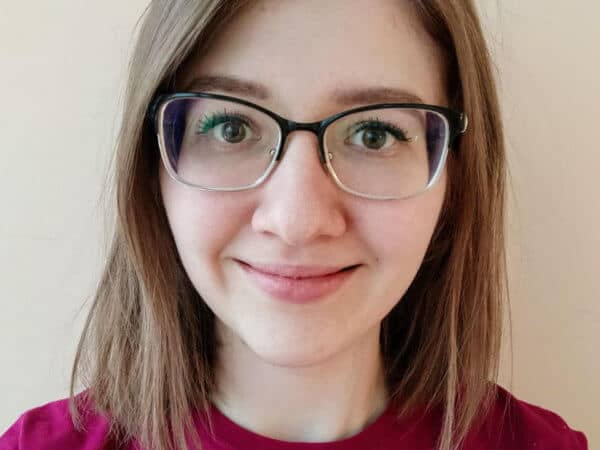Undergraduates of all backgrounds are invited to participate in the international theoretical physics Olympiad. Students will need to form teams of at most five people and submit their solutions to their individual webpages. The registration deadline is on Saturday 30th January 2021.
The ITPO is a competition designed by PhD students and Postdocs for undergraduate students interested in research in theoretical physics.
The goal is to find people interested in theoretical science and to help students gain experience with modern research skills.
The Olympiad will consist of six or seven problems on different topics of modern theoretical physics, of varying difficulty.
The 2021 competition will take place for 24 hours between January 30th and 31st, starting at 10:00am EST.
Participants will need to form teams of at most five people and register online. All team members must be undergraduate students at the time of the contest.
Registration is now open and will remain open until 24 hours before the competition.
Teams will upload solutions to their individual web pages. Winners will be recognized appropriately after the competition.
The registration deadline is on Saturday 30th January 2021.
Main Criteria
The only requirement is that participants be undergraduates. Students who are interested in physics, from universities all around the world are eligible.
Collaboration between undergraduates of all years of study is encouraged.
Find out more about this opportunity before applying.
Photo: Shutterstock / Edited by: Martina Advaney
Every week, we publish five amazing opportunities for students and young people. In case you missed it, here is a cracker from last week:
Support us!
All your donations will be used to pay the magazine’s journalists and to support the ongoing costs of maintaining the site.
Share this post
Interested in co-operating with us?
We are open to co-operation from writers and businesses alike. You can reach us on our email at [email protected]/[email protected] and we will get back to you as quick as we can.










